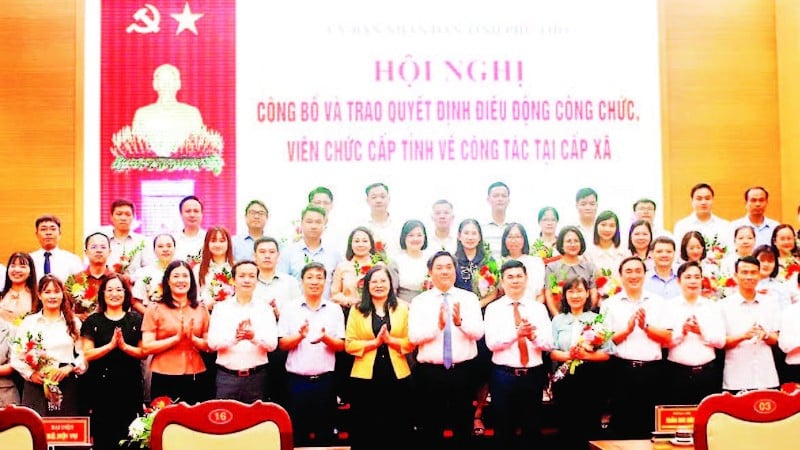
The merger of three provinces to form the new Phu Tho province has created major changes in the organizational structure at both the provincial and communal levels. The province's 148 communes and wards currently have nearly 6,000 civil servants, and the arrangement and assignment of work is showing many unreasonable things. Some communes do not have enough civil servants, causing the burden to fall on a few people; on the contrary, some wards have up to hundreds of people, but still lack civil servants in some areas. There are administrative units with a large number of cadres and civil servants such as Luong Son commune with 104 people; Vinh Phuc ward with 92 people; Vinh Yen ward with 85 people; Phuc Yen ward with 78 people. However, there are communes with too few cadres and civil servants, such as: Trung Son commune with 18 people; Kha Cuu commune with 22 people; Yen Son commune with 28 people; Thu Cuc commune with 25 people... Xuan Hoa ward has four Deputy Directors of the Public Administration Service Center, while four communes lack this title.
Statistics show that nine communes have not yet arranged a Vice Chairman of the People's Council; three communes have only arranged a Vice Chairman of the People's Committee; 17 communes and wards lack the position of Chief of Office of the People's Council and People's Committee; three communes and wards lack the position of Head of the Economic Department; seven communes and wards lack the position of Head of the Cultural-Social Department.
Many communes lack human resources in areas such as information technology, land management, construction, accounting, and education management, leading to delays in financial work and bottlenecks in site clearance. Meanwhile, the quality of staff is also a major challenge. For example, in the education sector, most of the heads and deputy heads of the district-level Department of Education and Training have been promoted to higher leadership positions and do other jobs such as the People's Council or building the Party and mass organizations, leaving a void in education management in many communes and wards. Meanwhile, commune-level officials and civil servants are resigning en masse, and many communes are trying to persuade them to stay and work due to a lack of professional positions.
The arrangement of civil servants and public employees is not reasonable among commune-level administrative units. In mountainous communes with sparse population, the merger of few administrative units leads to a shortage of staff. Meanwhile, four or five central wards are merged into one, leading to a surplus compared to the staff. Psychological factors also have a strong impact, because many cadres and civil servants are afraid to go to remote mountainous communes, wanting to work in central urban areas, near home...
To gradually solve the problem of surplus and shortage of cadres and civil servants, Phu Tho province has mobilized and seconded nearly 400 cadres from the provincial level to communes, including more than 100 government cadres, nearly 40 cadres from the Party and mass organizations, and about 150 cadres on short-term secondment to support professional work. At the same time, the province also rotated about 100 cadres from areas with surplus to areas with shortage, contributing to overcoming the imbalance of human resources between localities.
Chairman of the People's Committee of Phu Tho province Tran Duy Dong said: Priority will be given to communes and wards that have not yet allocated enough quotas compared to the expected norms until 2030; necessary and urgent areas for commune-level Party committees and authorities to immediately implement tasks within their authority; consider residential areas to create conditions for civil servants and public employees to work with peace of mind, reduce travel time and increase work efficiency.
In addition, the province focuses on reviewing and re-evaluating the entire team, requiring the right people to be assigned to the right jobs and expertise. Officials with limited management and information technology skills are allowed to attend training courses. The Provincial People's Council has issued a mechanism to support travel and accommodation for officials who have to move far away. This policy lasts for one year, helping officials reduce difficulties and feel secure in taking on tasks in new locations.
Director of the Department of Home Affairs of Phu Tho province Tran Viet Cuong said: In the long term, the rotation of cadres also has the meaning of training, challenging, helping the young team accumulate practical experience from the grassroots, preparing cadre resources for long-term planning. This process will also gradually adjust the imbalance between communes, ensuring that densely populated areas have enough human resources, and that key positions are not left vacant in remote areas.
To truly stabilize the communal staff, the Central Government needs to continue to improve the decentralization and delegation mechanism so that the communal level can be more proactive in arranging and using human resources, in accordance with the characteristics of each locality; issue new regional allowance and attraction allowance mechanisms for cadres working in disadvantaged areas. Phu Tho province needs to clarify the principle of allocating staff based on population, area, socio-economic characteristics and workload, allowing communes and wards to recruit and use local human resources to ensure long-term stability.
The arrangement and stabilization of the staff and civil servants at the commune level is both an urgent and strategic task. Only when there is a reasonable allocation mechanism, a sustainable remuneration policy and a suitable human resource development strategy, can the grassroots government apparatus truly be stable, operate smoothly, effectively and efficiently.
Source: https://nhandan.vn/khac-phuc-tinh-trang-thua-thieu-cong-chuc-cap-xa-post912816.html


![[Photo] Bustling Mid-Autumn Festival at the Museum of Ethnology](https://vphoto.vietnam.vn/thumb/1200x675/vietnam/resource/IMAGE/2025/10/4/da8d5927734d4ca58e3eced14bc435a3)
![[Photo] General Secretary To Lam attends the 8th Congress of the Central Public Security Party Committee](https://vphoto.vietnam.vn/thumb/1200x675/vietnam/resource/IMAGE/2025/10/4/79fadf490f674dc483794f2d955f6045)



![[Photo] Solemn opening of the 8th Congress of the Central Public Security Party Committee, term 2025-2030](https://vphoto.vietnam.vn/thumb/1200x675/vietnam/resource/IMAGE/2025/10/4/f3b00fb779f44979809441a4dac5c7df)



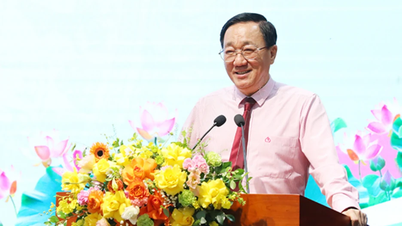


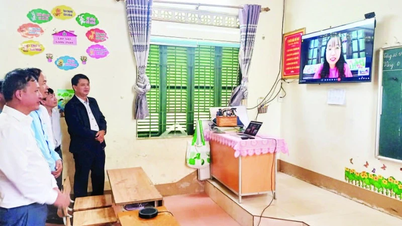




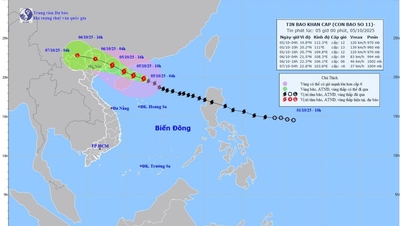
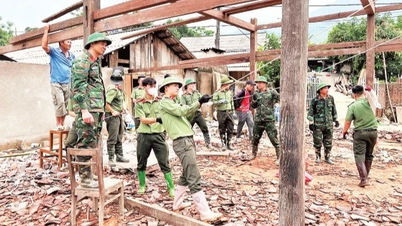

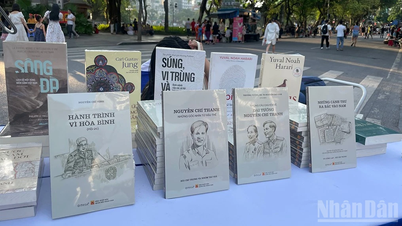




























![[VIDEO] Summary of Petrovietnam's 50th Anniversary Ceremony](https://vphoto.vietnam.vn/thumb/402x226/vietnam/resource/IMAGE/2025/10/4/abe133bdb8114793a16d4fe3e5bd0f12)

![[VIDEO] GENERAL SECRETARY TO LAM AWARDS PETROVIETNAM 8 GOLDEN WORDS: "PIONEER - EXCELLENT - SUSTAINABLE - GLOBAL"](https://vphoto.vietnam.vn/thumb/402x226/vietnam/resource/IMAGE/2025/7/23/c2fdb48863e846cfa9fb8e6ea9cf44e7)






















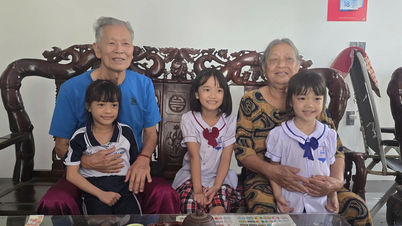








Comment (0)